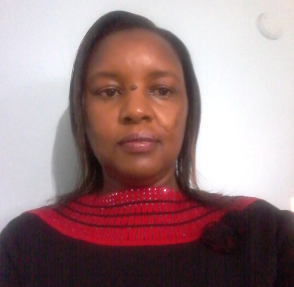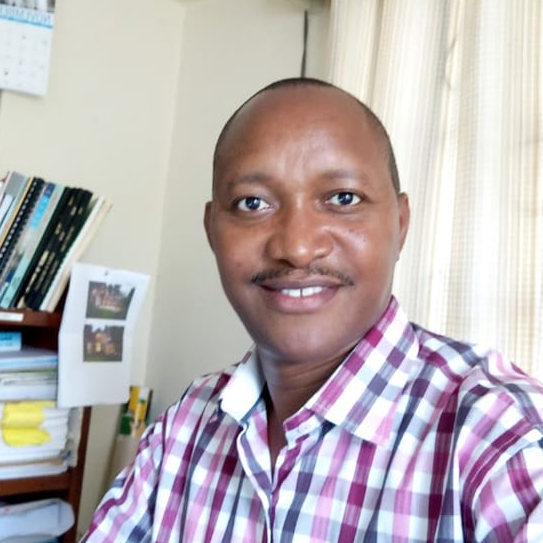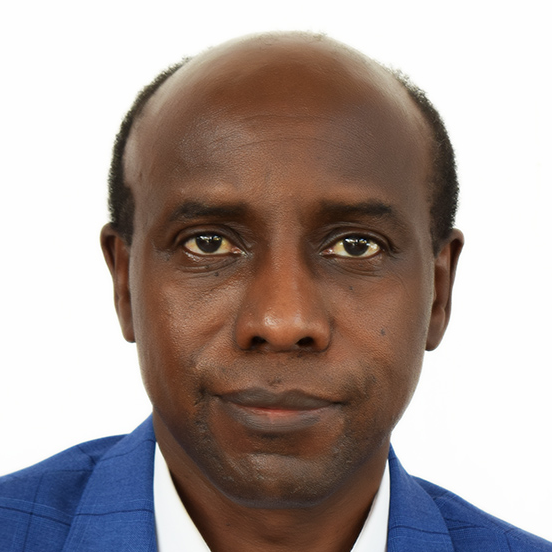Challenges of Achieving Sustainable Development Goals From the African Perspectives
The aim of the lecture series is to present to the AMU mathematical audience a variety of topics in modern topology, functional analysis and its applications. The lectures will also be announced to a wide international audience through research networks that have already been set up by the AMU mathematics researchers. The speakers represent a wide range of mathematical cultures varying from Spain and France through Germany up to Russia and Israel.
Apart from Invited Lecture Series we also plan to organize seminars addressed to younger researchers – this activity will carry a potential for initiating further collaboration between AMU mathematicians and those working at other European Universities. Each Invited Lecture will be organized in the hybrid form combining the in-door and the on-line participation. This will widen the audience to include also those mathematicians from other countries and continents who might not be able to visit the AMU Faculty of Mathematics.
Beekeeping: the forgotten gold for sustainable development in Africa

Judith S. Mbau
Conservation Biologists with over 9 years experience as lecturer and researcher at the University of Nairobi, Department of Land Resource Management and Agricultural Technology (LARMAT). She has previously worked as a researcher at the National Museums of Kenya for 7 years in the Mammalogy Department, undertaking conservation and taxonomic studies on mammals. She has greately contributed to biodiversity conservation initiatives in Kenya through her research and working together with local communities. Current areas of research interest include Human-Wildlife Conflict Management, Mammal ecology and conservation and participatory approaches (Citizen Science, PGIS) for Natural resource management. She undertakes community trainings on integrated natural resource management. She is Member of; Intergovernmental Platform on Biodiversity and Ecosystem Services (IPBES), Society for Conservation GIS, among others. She has also trained in the Open Standard for the Practice of Conservation for the Conservation Measures Partnership (CMP) and Sustainable Agriculture Network (SAN) standard as an auditor. She has authored and co-authored publications published in peer reviewed journals, book, and book chapters and conference proceedings. She is passionate about biodiversity Conservation.
Achieving the SDGs in East African drylands: Pathways and challenges towards a social-ecological transformation of landscapes, livestock and livelihoods (Drylands Transform)

Stephen Mureithi
Senior Lecturer at the University of Nairobi’s Dept of Land Resource Management and Agricultural Technology, Univ of Nairobi. He is a leading Kenyan scientist in Rangeland Ecology and Management and has extensive knowledge of the East African rangelands and the pastoralist and agro-pastoralist systems. His passion is restoring degraded grazing lands together with the pastoralist and agro-pastoralist communities, and by so doing improving thier livestock-based livelihoods, habitat for the wildlife, and carbon sequestration at local level.
Artificial Intelligence and Environmental Sustainability Metrics

Nzioka John Muthama
Applied meteorologist and has over 25 years experience of teaching at university level. He has supervised over twenty postgraduate students. He has published, with his reserach collaborators, over 60 scientific articles and book chapters, in addition to policy briefs. He has contributed to the understanding of the environmental risk management as regards air quality, climate, climate change, Air pollution and policy. His current research interest is in Sustainability metrics, monitoring and modelling; Methodologies for the sustainability of the Urban environment; integration of sustainability in Environmental Assessments; Air quality; Climate Change and Attribution; Climate Governance; rehabilitation and regeneration of degraded environments; sustainability of Honey Supply chain; energy efficiency; Leadership modelling- readiness and maturity modelling.